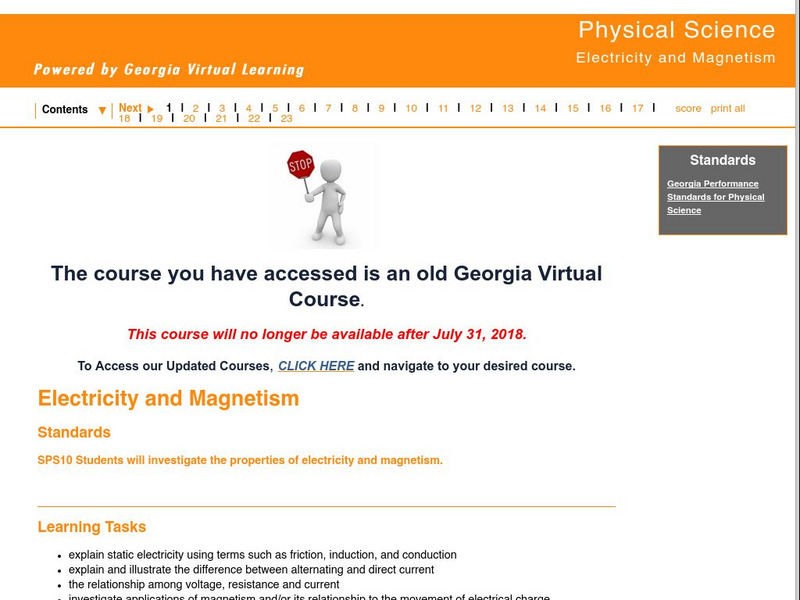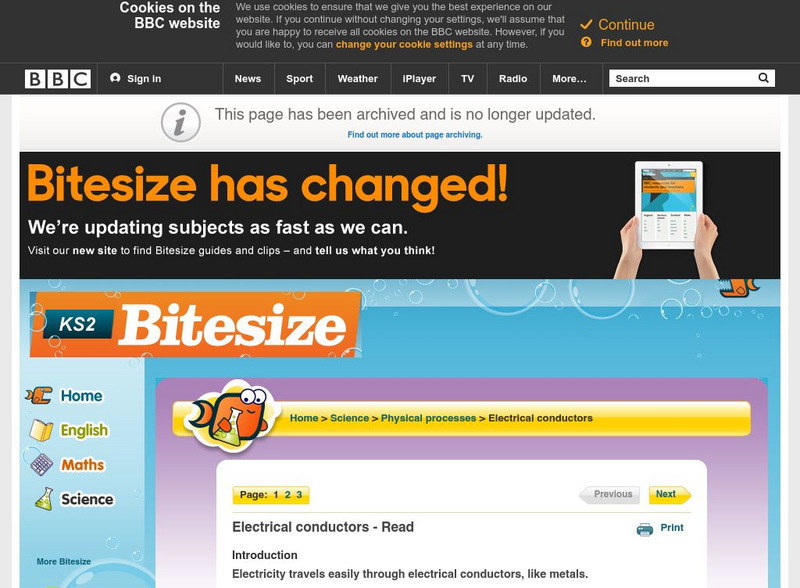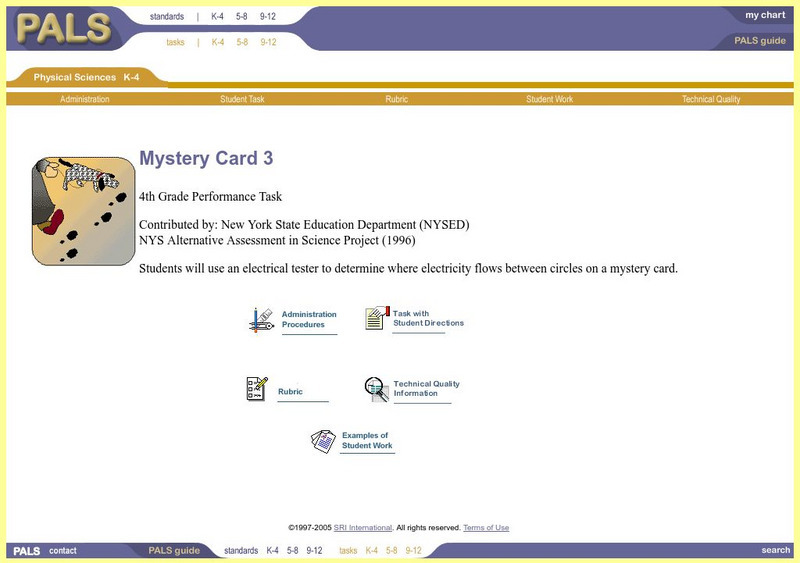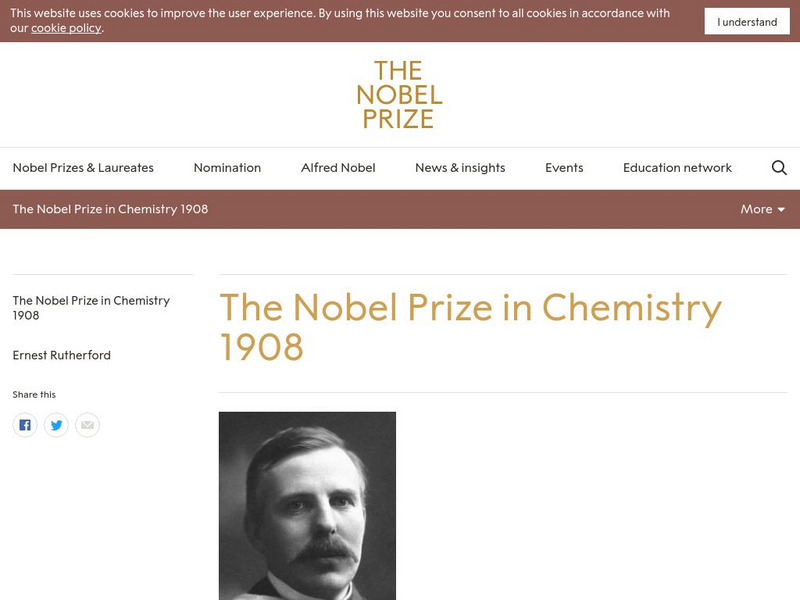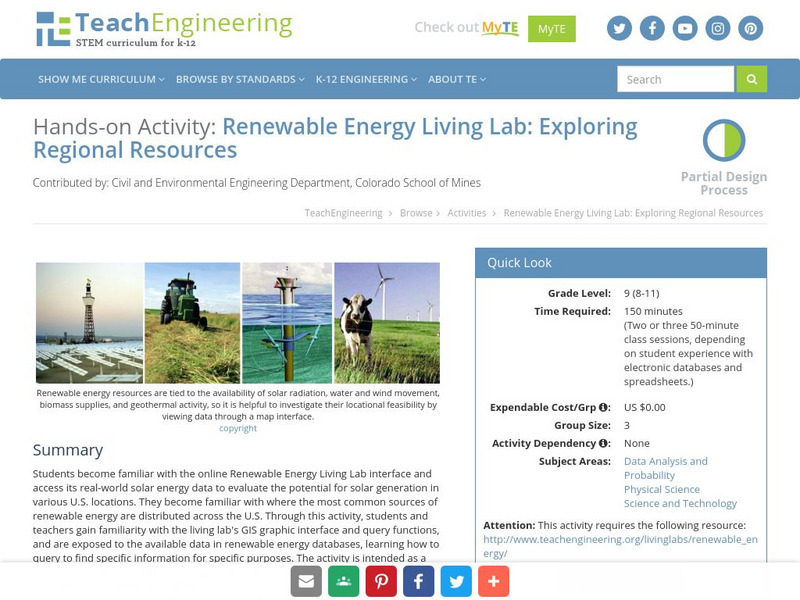Science Education Resource Center at Carleton College
Serc: Investigating Testing for Electrical Conductivity Using Materials
In this activity, students will understand that electricity moves through different circuits and discover what types of materials are conductors and insulators.
Wikimedia
Wikipedia: Electrical Conductivity
This is the encyclopedic entry for electrical conductivity from Wikipedia.com. The site provides a brief introduction to the topic but provides numerous links to information relative to the topic.
Science Education Resource Center at Carleton College
Serc: Conductivity of Water
Students discover that pure water does not conduct electricity and that dissolving different substances in water may or may not cause it to conduct electricity.
Science is Fun
Science Is Fun: Conducting Solutions
An experiment where one must first build a conductivity tester, then use it to test how well water conducts electricity when different materials found around the home are each dissolved in it.
TeachEngineering
Teach Engineering: What's the Conductivity of Gatorade?
Students use conductivity meters to measure various salt and water solutions, as indicated by the number of LEDs (light emitting diodes) that illuminate on the meter. Students create calibration curves using known amounts of table salt...
TeachEngineering
Teach Engineering: Put a Spark in It! Electricity
Uncountable times every day "with the merest flick of a finger"each one of us calls on electricity to do our bidding. What would your life be like without electricity? Students begin learning about electricity with an introduction to the...
CK-12 Foundation
Ck 12: Ionic Bonds and Ionic Compounds
[Free Registration/Login may be required to access all resource tools.] In the following online tutorial students will learn to explain how an ionic bond is formed when electrons are transferred from one atom to another in terms of the...
CK-12 Foundation
Ck 12: Physical Science: Transfer of Electric Charge
[Free Registration/Login may be required to access all resource tools.] Transfer of electric charge: transfer of electrons, conservation of charge and three ways electric charge can be transferred.
Maryland Science Center
Maryland Science Center: Build a Conductivity Tester [Pdf]
Instructions on how to build an instrument that can be used to test which materials are conductors and which are insulators, in order to bridge a gap in an electrical circuit.
Physics Classroom
The Physics Classroom: Static Electricity: Charging Interactive
Explore charge interactions, the charging of objects by conduction and induction, and the grounding of objects in this interactive.
CK-12 Foundation
Ck 12: Electric Conductors and Insulators
[Free Registration/Login may be required to access all resource tools.] In this lesson, students learn about materials that conduct electricity and those that insulate against it. Includes a simulation for exploring conductivity, and a...
Georgia Department of Education
Ga Virtual Learning: Physical Science: Electricity and Magnetism
Students learn about static electricity using terms such as friction, induction, and conduction. They also explain and illustrate the difference between alternating and direct current, and understand the relationship among voltage,...
Wolfram Research
Wolfram Science World: Eric Weisstein's World of Physics: Electrical Conduction
A brief definition for what electrical conduction is. Also provides the definition for related terms.
Curated OER
Physics4 kids.com: Electricity Conduction
Illustration showing how the space between atoms in a material affects the production of heat when an electric current passes through it.
Texas Education Agency
Texas Gateway: Chemical Bonding: Metallic Bonds
Given scenarios or diagrams, students will describe the nature of metallic bonding and explain properties such as thermal and electrical conductivity, malleability, and ductility of metals.
BBC
Bbc Schools: Ks2 Bitesize: Science: Physical Processes: Electrical Conductors
A review of electrical conductors and insulators, with diagrams, activities, and quiz questions.
TeachEngineering
Teach Engineering: Saltwater Circuit
Students build a saltwater circuit, which is an electrical circuit that uses saltwater as part of the circuit. Students investigate the conductivity of saltwater, and develop an understanding of how the amount of salt in a solution...
University of Colorado
University of Colorado: Ph Et Interactive Simulations: Band Structure
Explore the origin of energy bands in crystals of atoms. The structure of these bands determines how materials conduct electricity. Java required.
University of California
University of California: Seawater Density & Salinity [Pdf]
Describes the properties of seawater and the variations depending on its location, e.g., near a shoreline, in an estuary, or as sea ice. Discusses the instruments scientists use to measure the density of water and explains other...
TeachEngineering
Teach Engineering: Lights On!
Students in this activity will build simple circuits using a battery, wires, and light bulbs. This activity allows students to examine how electricity is conducted through a light bulb using a battery as a power source. Students will...
SRI International
Performance Assessment Links in Science: Mystery Card 3
Straightforward introduction to electrical circuits using minimal materials and time. Students learn about the basics of electrical circuits by experimenting with "mystery cards" -- index cards with hidden aluminum foil used to conduct...
TeachEngineering
Teach Engineering: Energy
Through nine lessons, students are introduced to a range of energy types--electrical, light, sound and thermal-as well as the renewable energy sources of wind, hydro (water) and solar power. Subjects range from understanding that the...
Nobel Media AB
The Nobel Prize: The Nobel Prize in Chemistry 1908
At this site read about Ernest Rutherford (1871-1937 CE), the scientist who was awarded the Nobel Prize in Chemistry, "for his investigations into the disintegration of the elements, and the chemistry of radioactive substances." This...
TeachEngineering
Teach Engineering: Renewable Energy Living Lab
Students become familiar with the online Renewable Energy Living Lab interface and access its real-world solar energy data to evaluate the potential for solar generation in various U.S. locations. They become familiar with where the most...




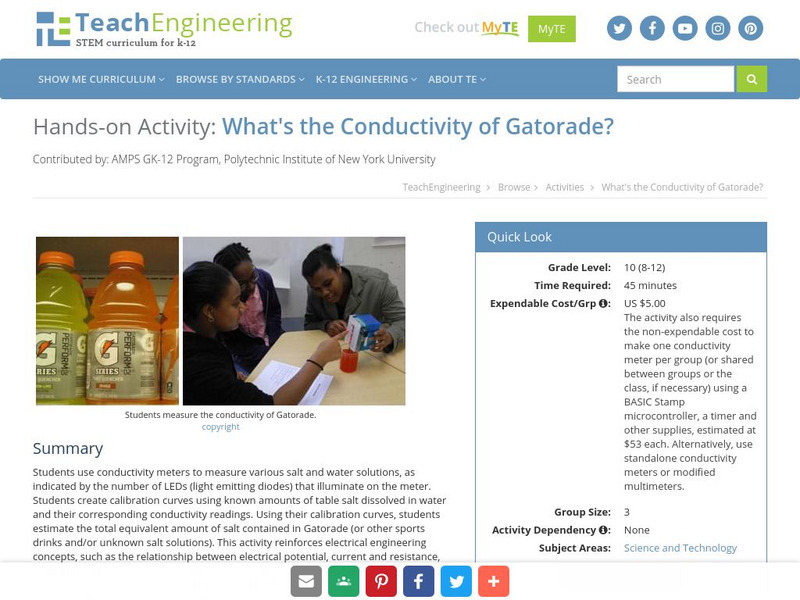
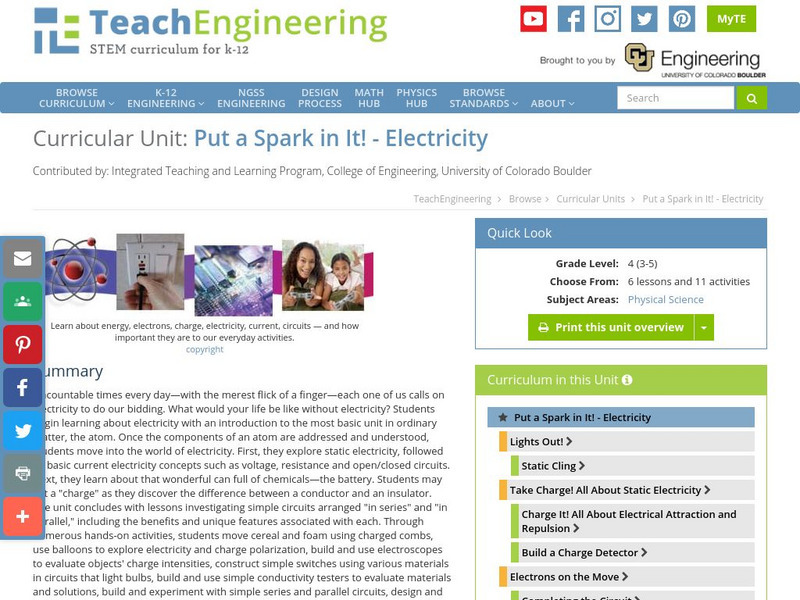
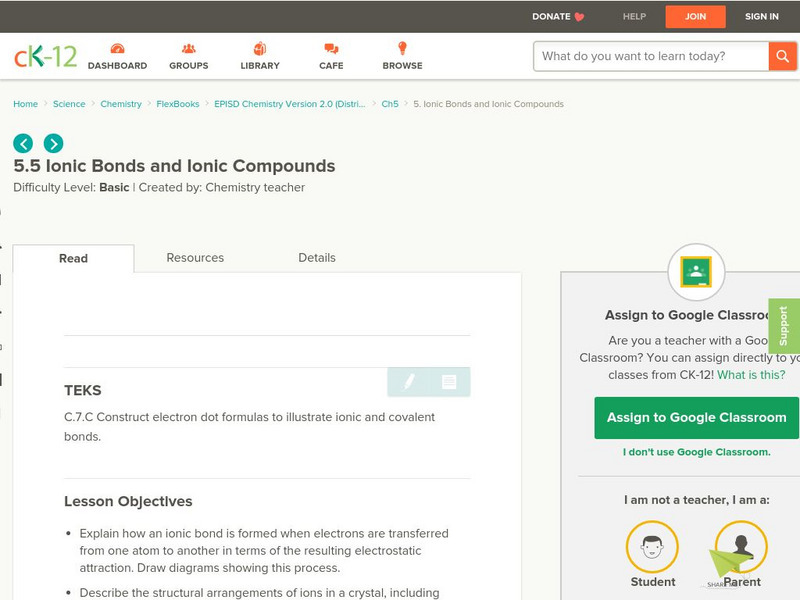
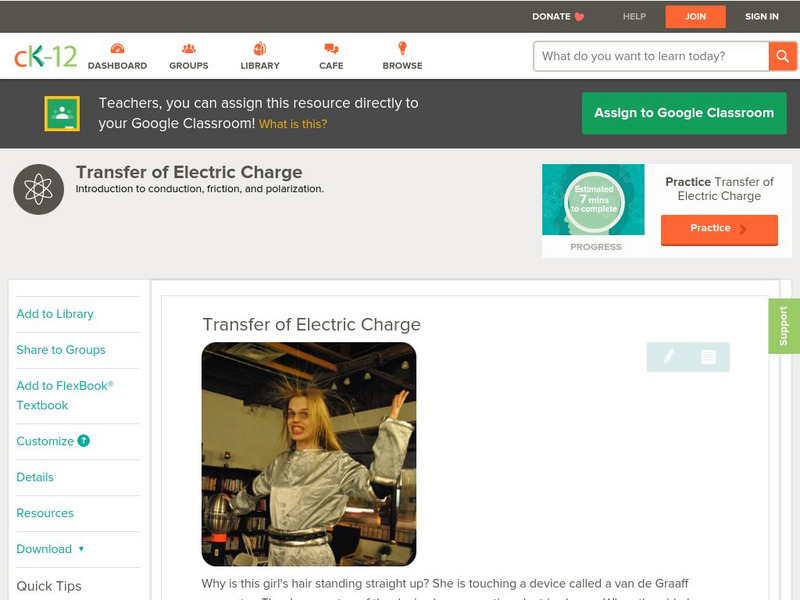
![Maryland Science Center: Build a Conductivity Tester [Pdf] Activity Maryland Science Center: Build a Conductivity Tester [Pdf] Activity](https://d15y2dacu3jp90.cloudfront.net/images/attachment_defaults/resource/large/FPO-knovation.png)

